Paper product manufacturers can fabricate cardboard cores in many different sizes and thicknesses. Cardboard cores are manufactured from wood pulp fiber, and these fibers are wrapped around a rod in a spiral to create a tube shape. When discussing the size of the core, one must consider both the core’s diameter and length. Read More…
As a member of the Member of the Independent Converters Association, we know the business of cardboard tubes. Our tubes are some of the strongest in the industry and we can meet a huge variety of needs from many different industries.
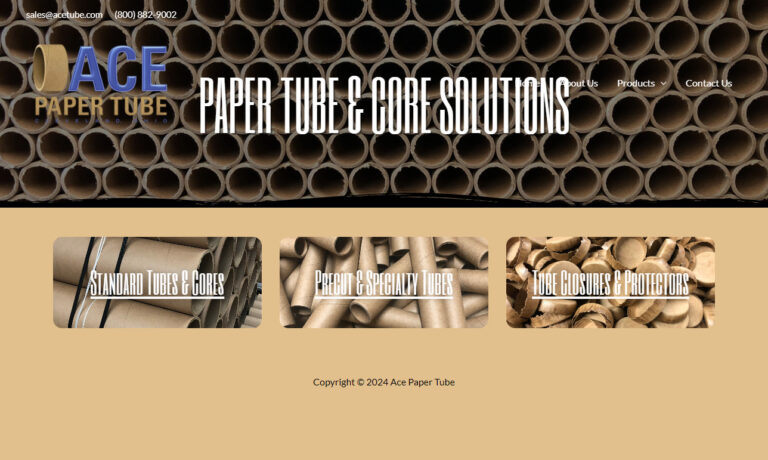
Valk Industries provides engineering and manufacturing services for cardboard tubes as well as custom thermoformed items like clamshells, blister packs, trays and filler material.
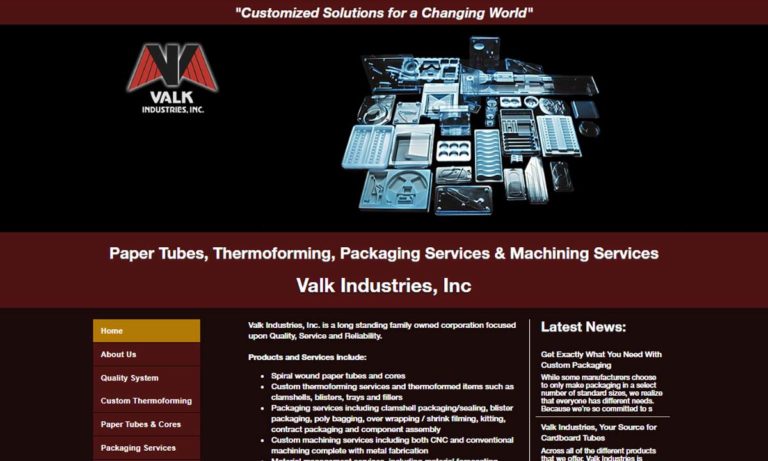
Western Container partners with the world`s top spiral tube equipment designers & paperboard manufacturers, to bring our customers the very best paper tubing and precision cores.
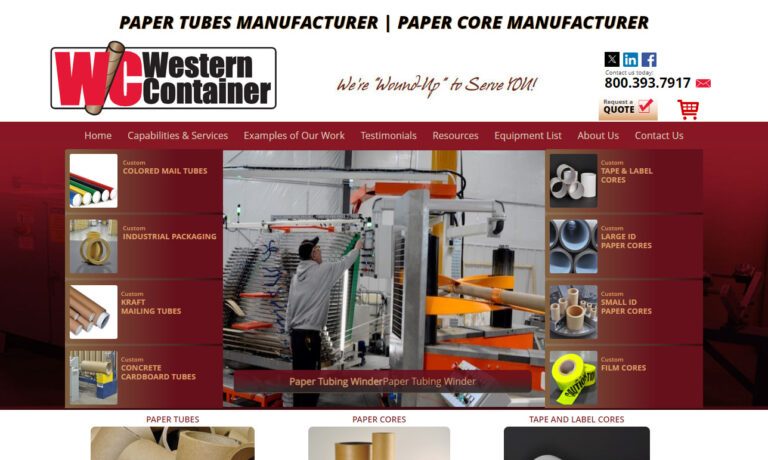
Chicago Mailing Tube is a premier manufacturer of custom paper tubes, containers, and cores, providing products that are both high quality and economical. CMT has been meeting custom size and design requirements for its customers since 1902.
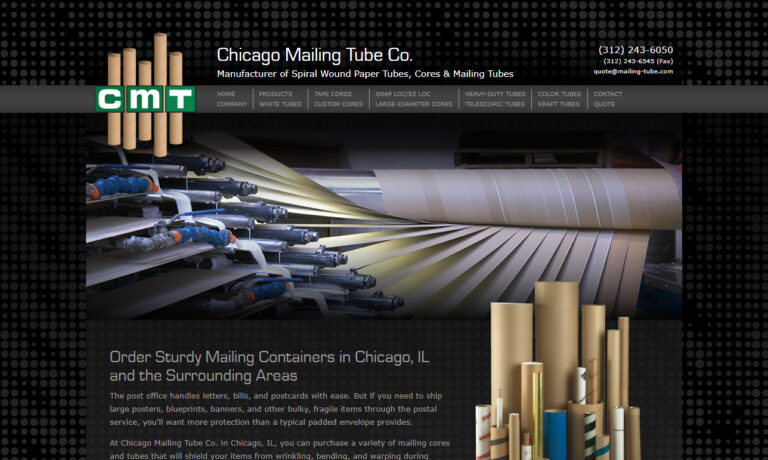
Here at Paper Tubes and Sales we are a proven manufacturer of high quality cardboard tubes. These products are ideal for a multitude of industries and our teams are available to assist you with determining the best paper tube for your application.
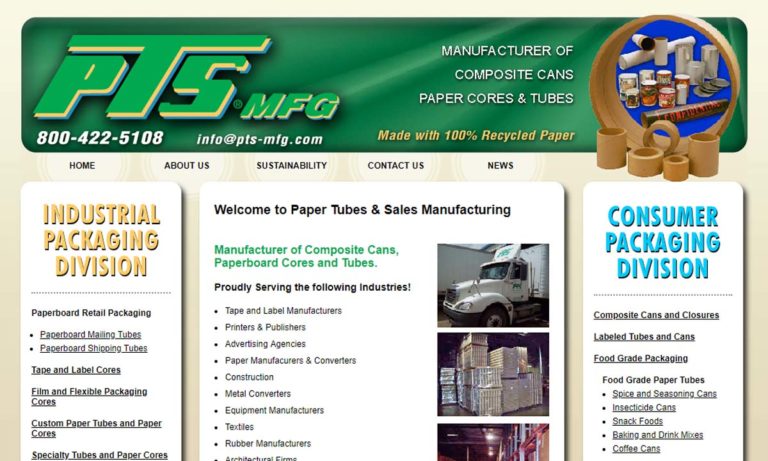
More Cardboard Core Manufacturers
The core’s diameter is determined based on the diameter of the rod around which the cardboard fiber is being wrapped. As more of the fibers are being wrapped, the tube slowly moves along the rod, continuously increasing the length of the rod. Once the desired length is achieved, the tube is cut, and the next tube continues where the severed tube left off. The thickness of the core is determined by the number of layers added to the tube.
Cardboard fibers are typically stored in large rolls, and multiple rolls can be used simultaneously to wrap additional layers as the core is created. The larger the thickness of the core the stronger and more durable it will be. When purchasing cardboard cores, these three features should always be considered in order to find the right core for your applications.
Cardboard cores are particularly useful for storage and retrieval applications. Products that come in sheets are commonly wrapped around cardboard cores. This makes it incredibly simple and efficient to access specific amounts of the product. Many household products utilize paper cores for this purpose. Familiar items include toilet paper, aluminum foil, paper towels, wax paper, and wrapping paper.
Industrial companies use cardboard cores for the same purpose, but they also use them to store and ship finished products. Wrapping products in this way allows the product to make it to the customer in much better condition as it keeps the product from tearing, crinkling, or knotting. While similar cores are made from plastics, cardboard cores are much more affordable and provide a more sustainable option.

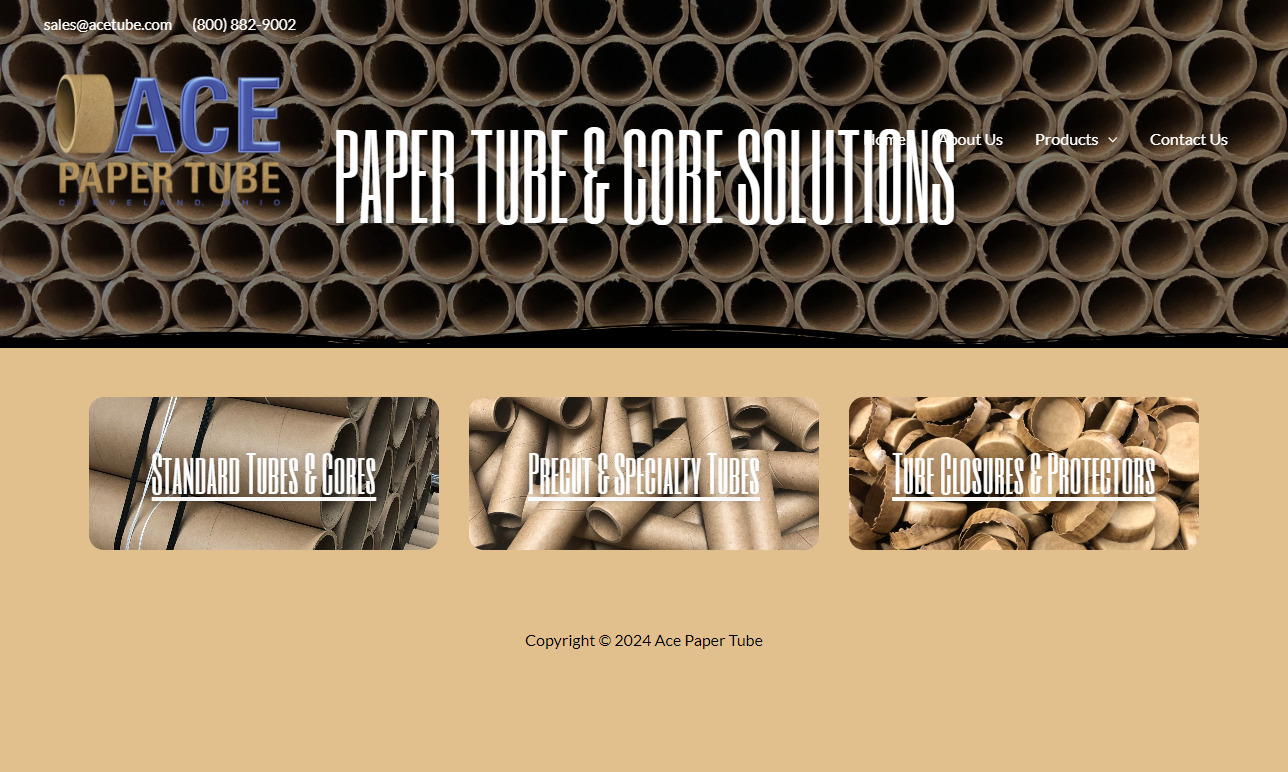
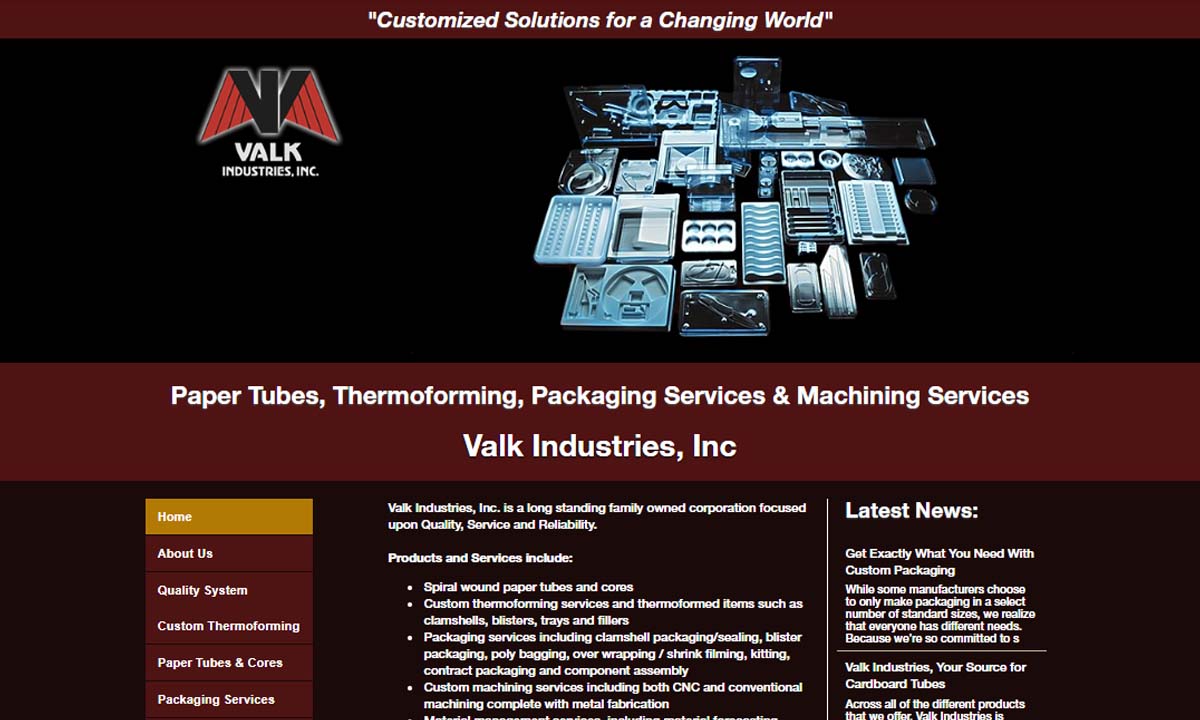
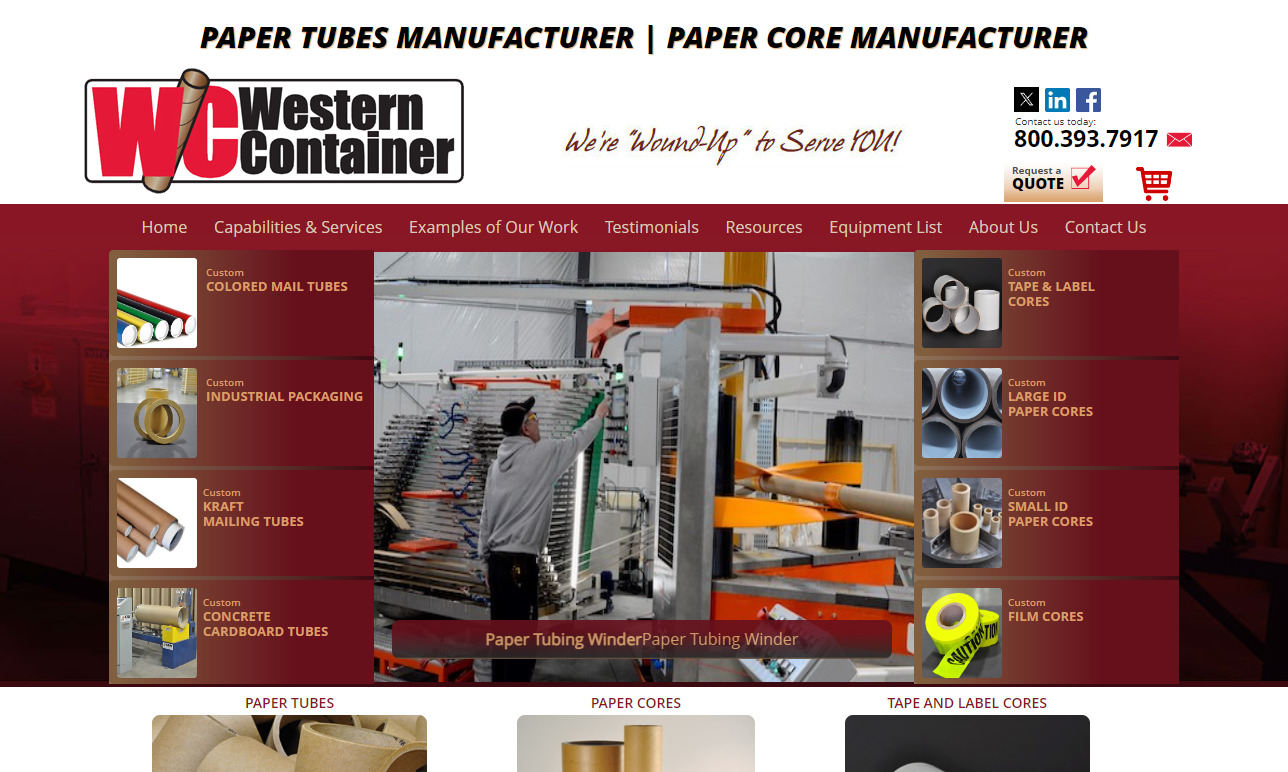
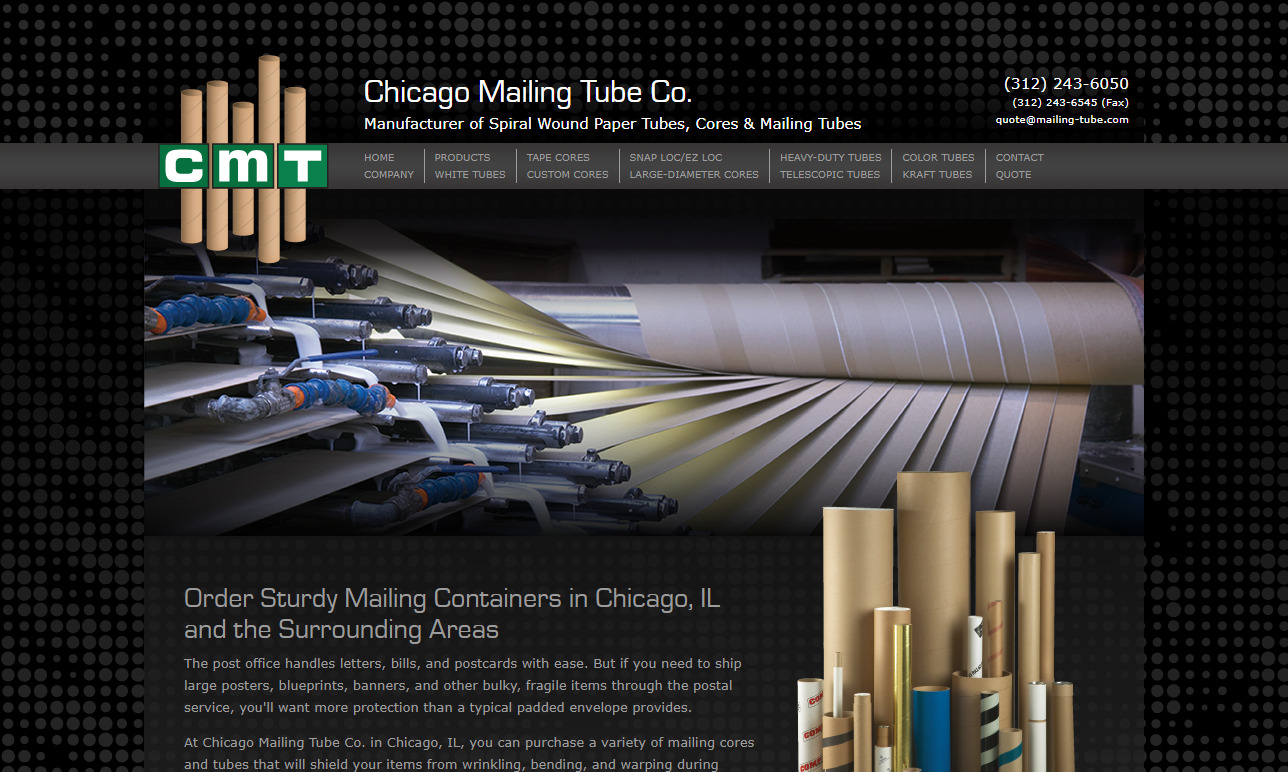
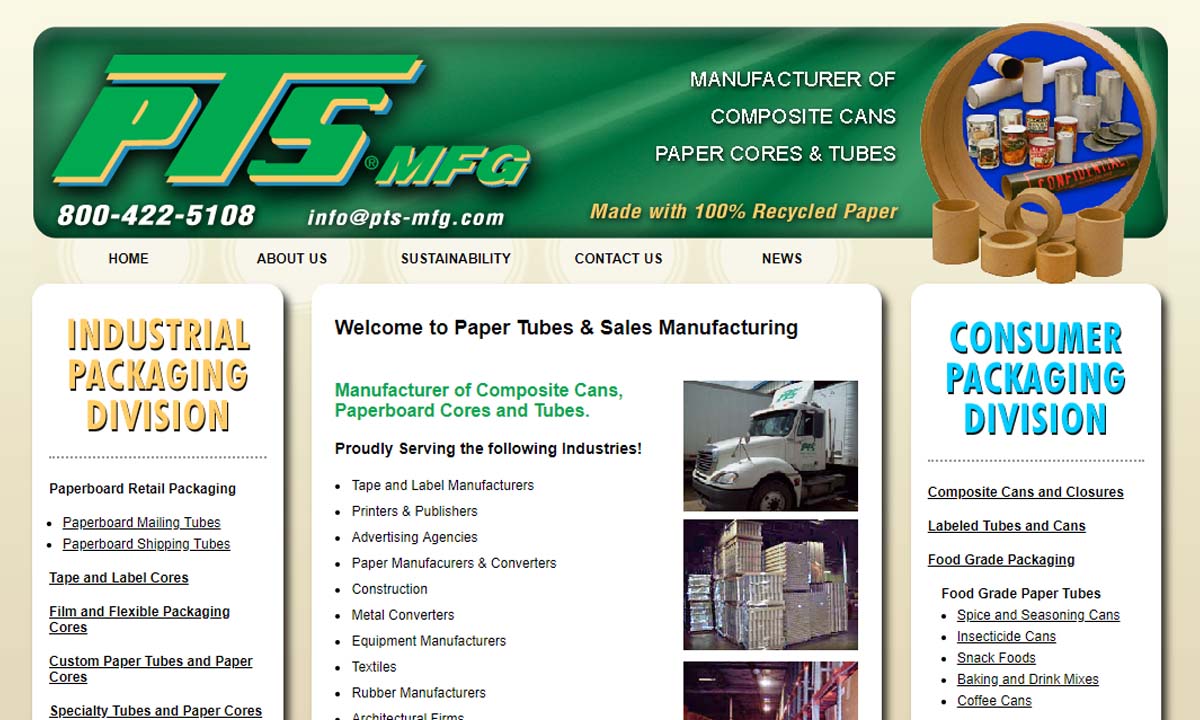
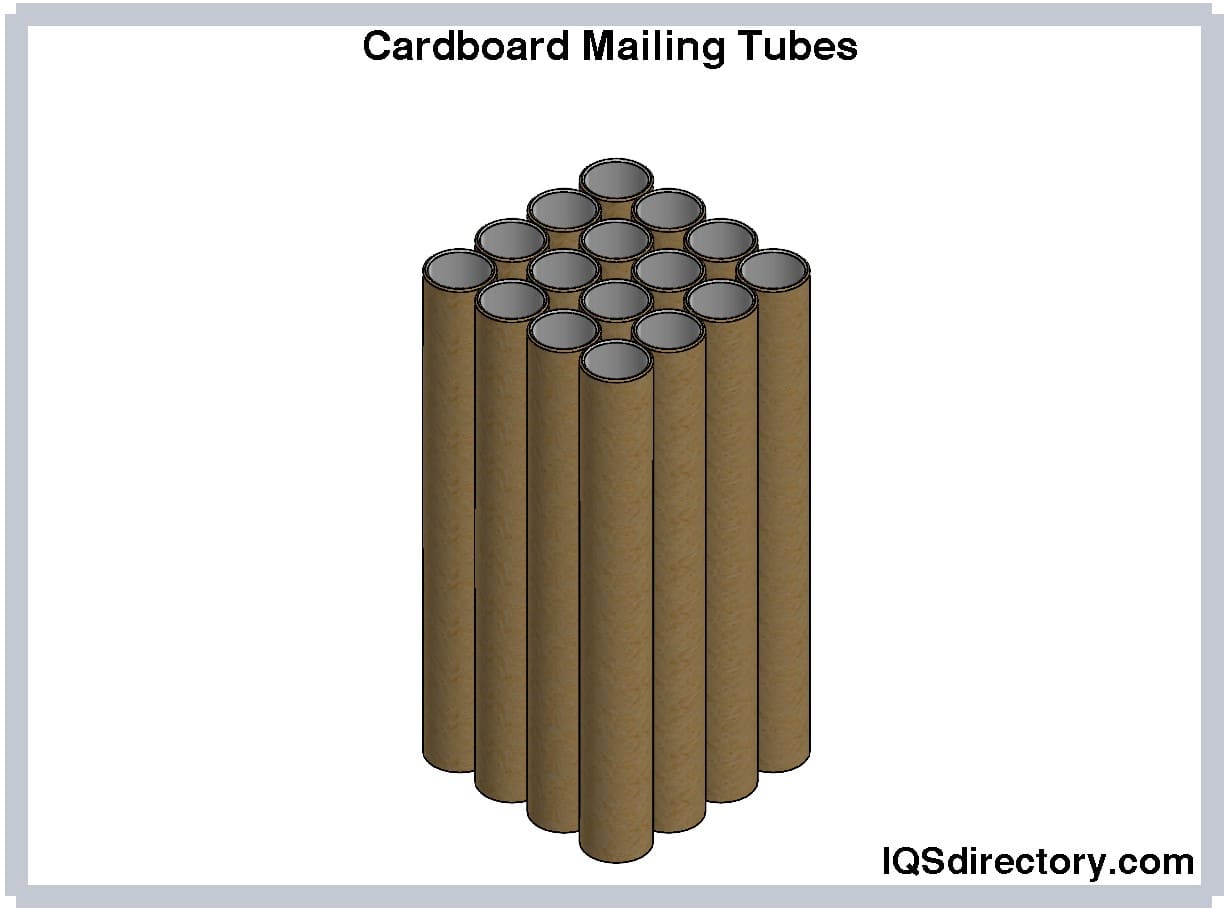
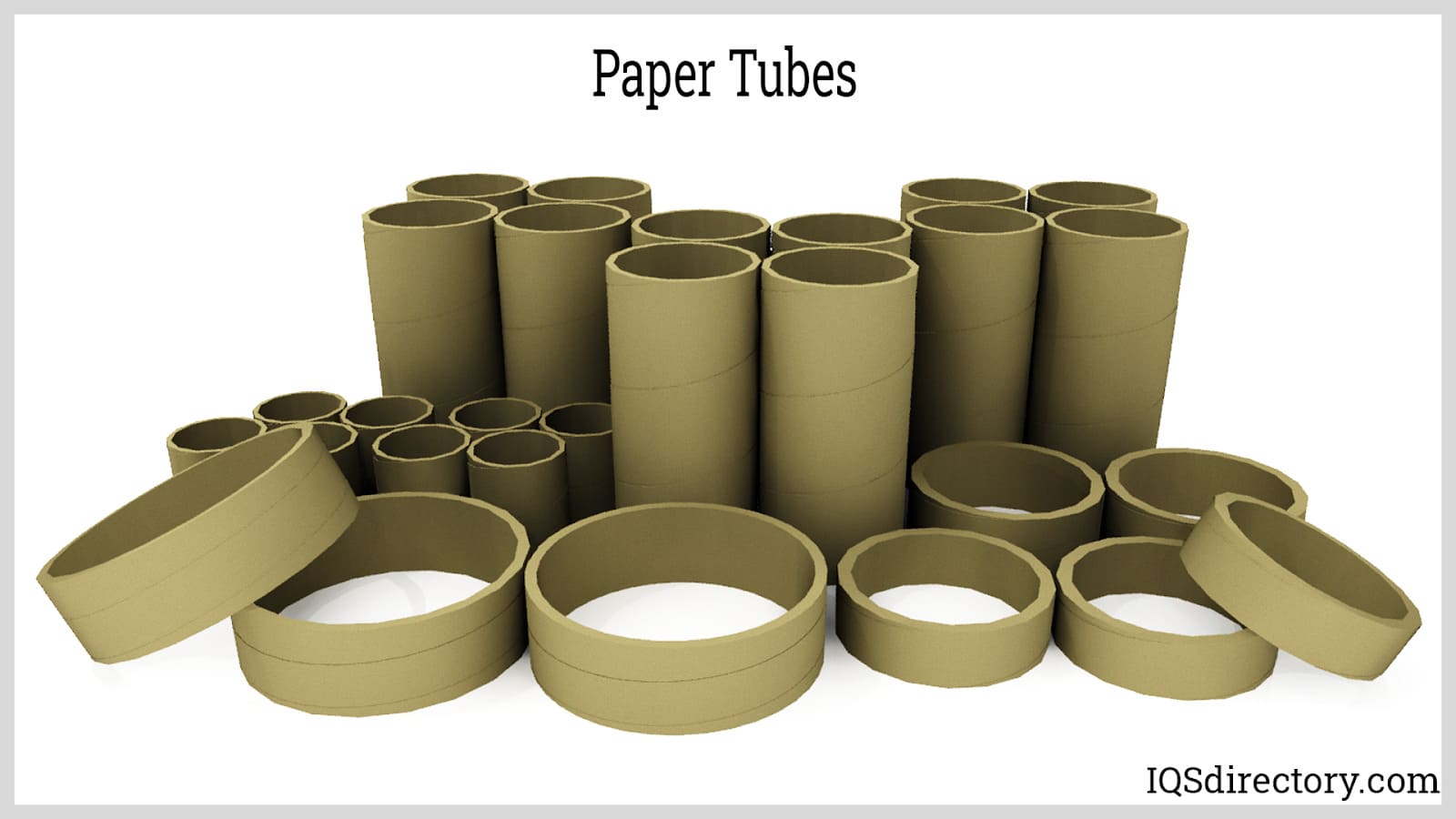
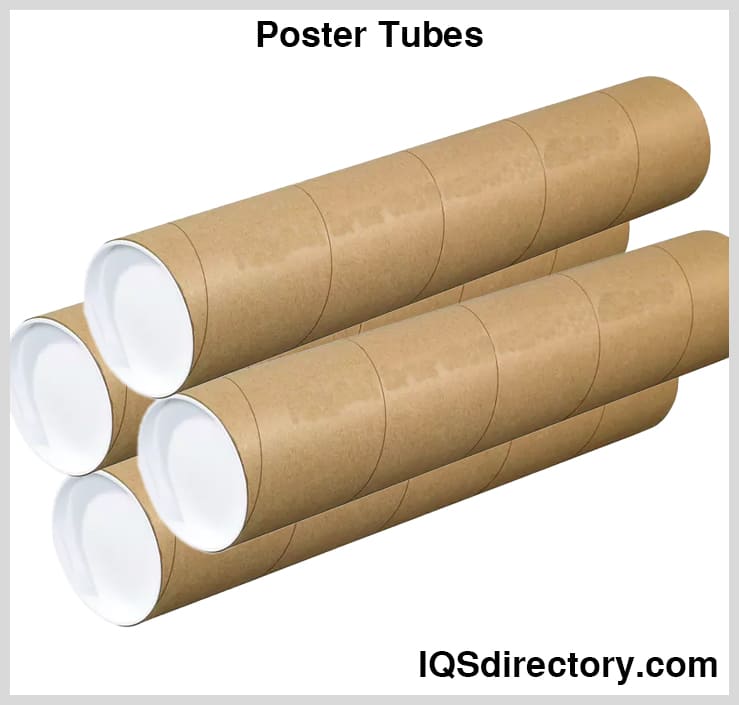
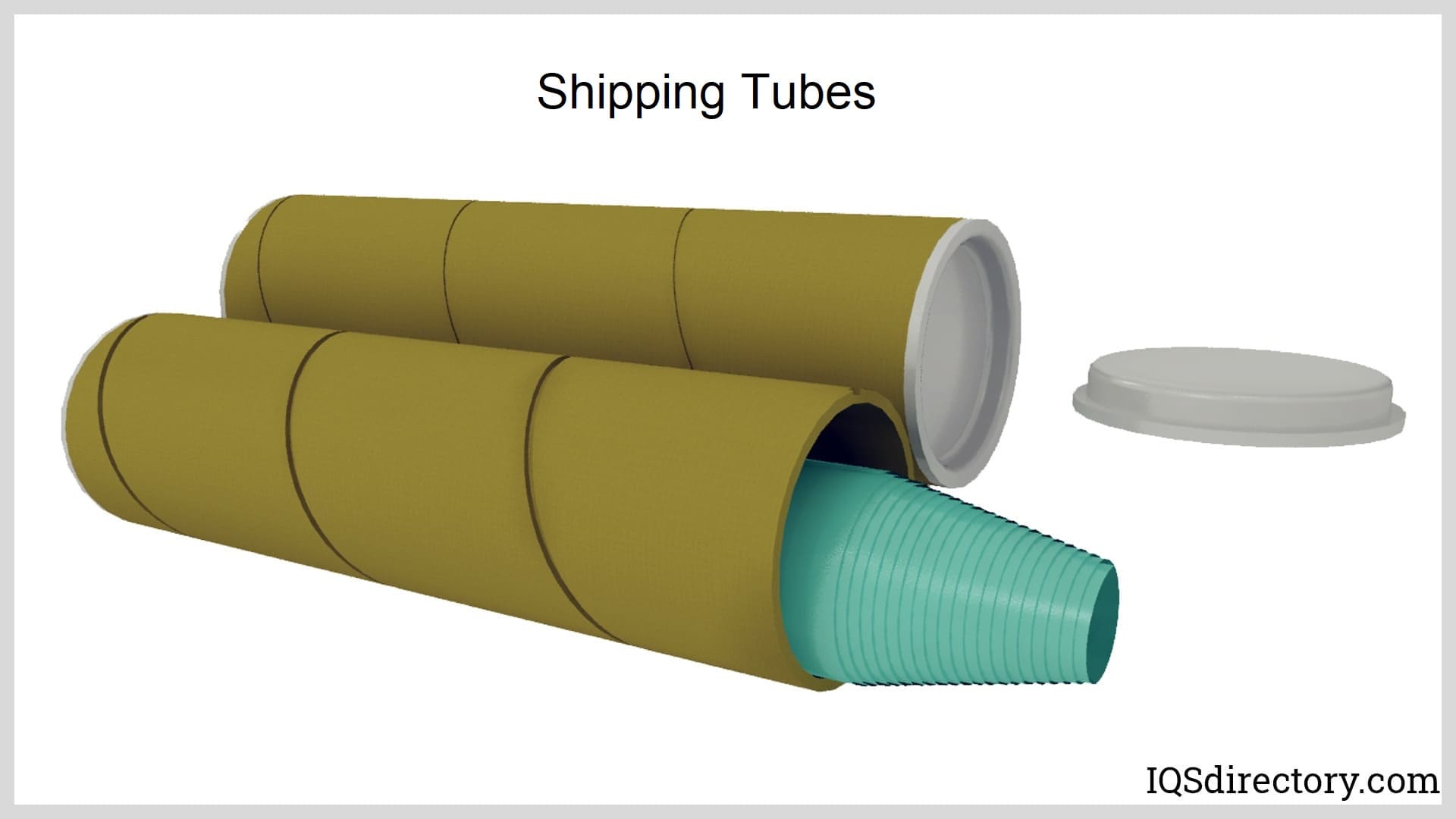
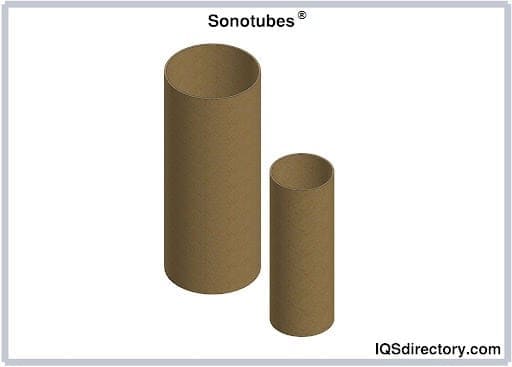
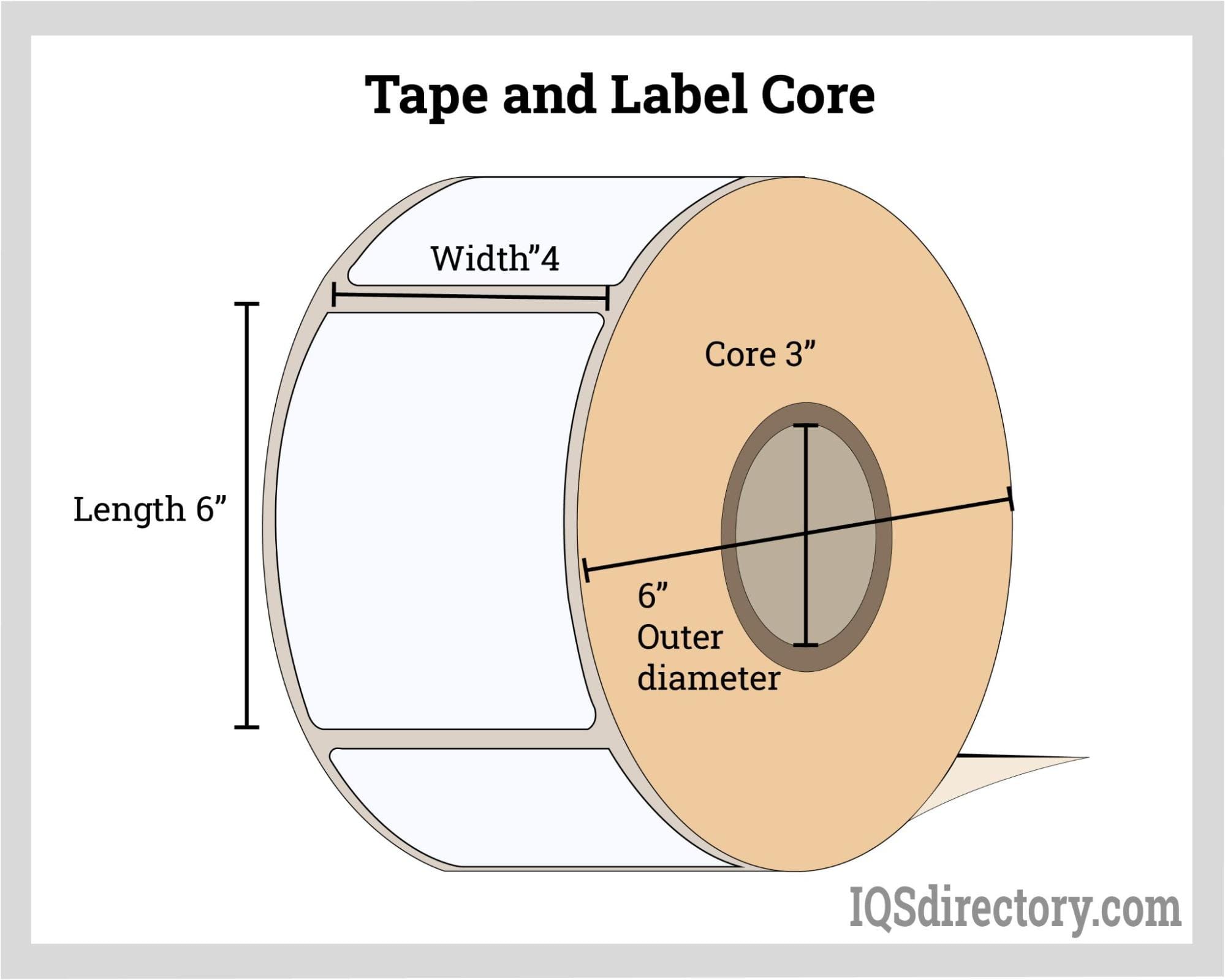
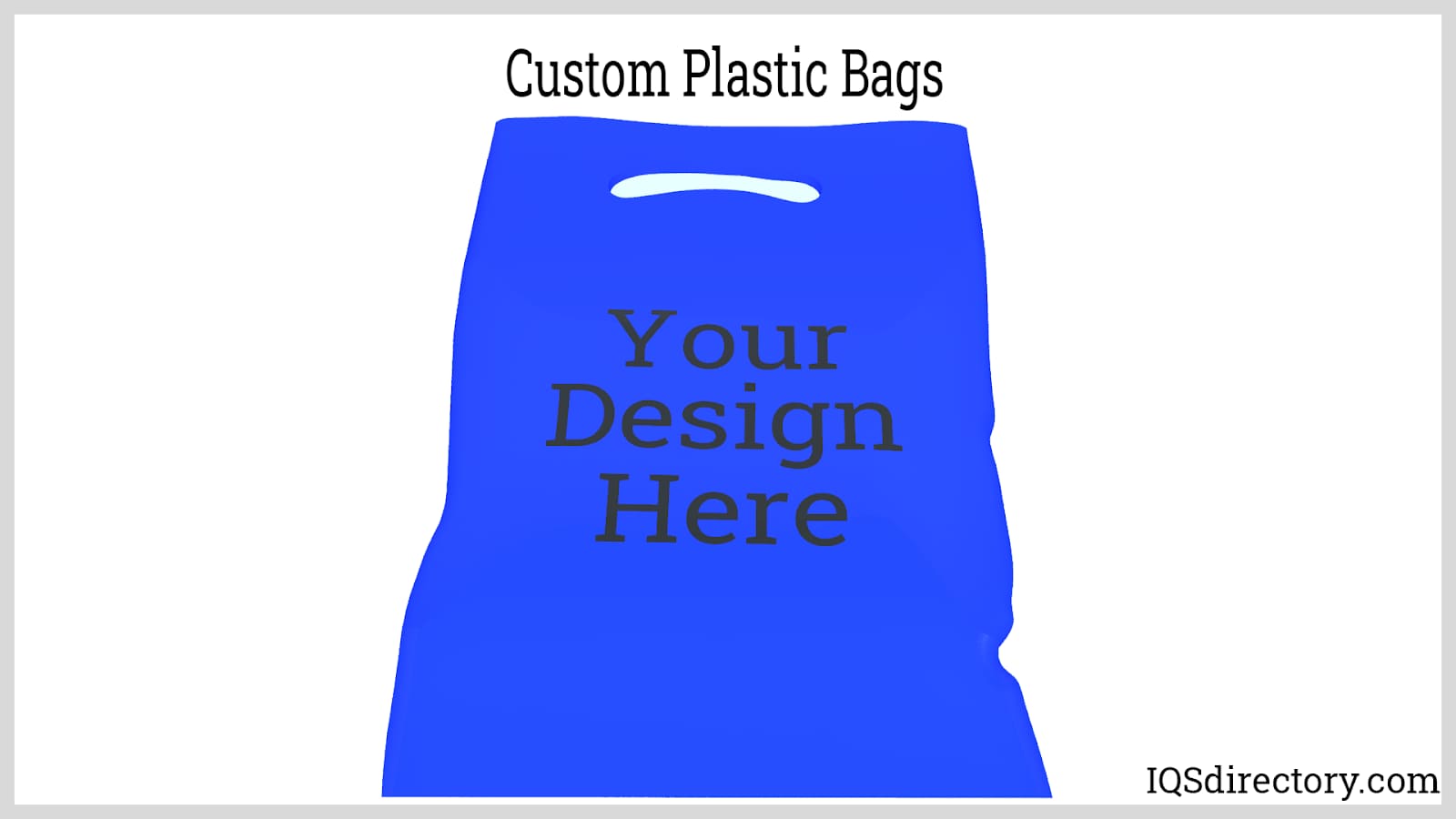
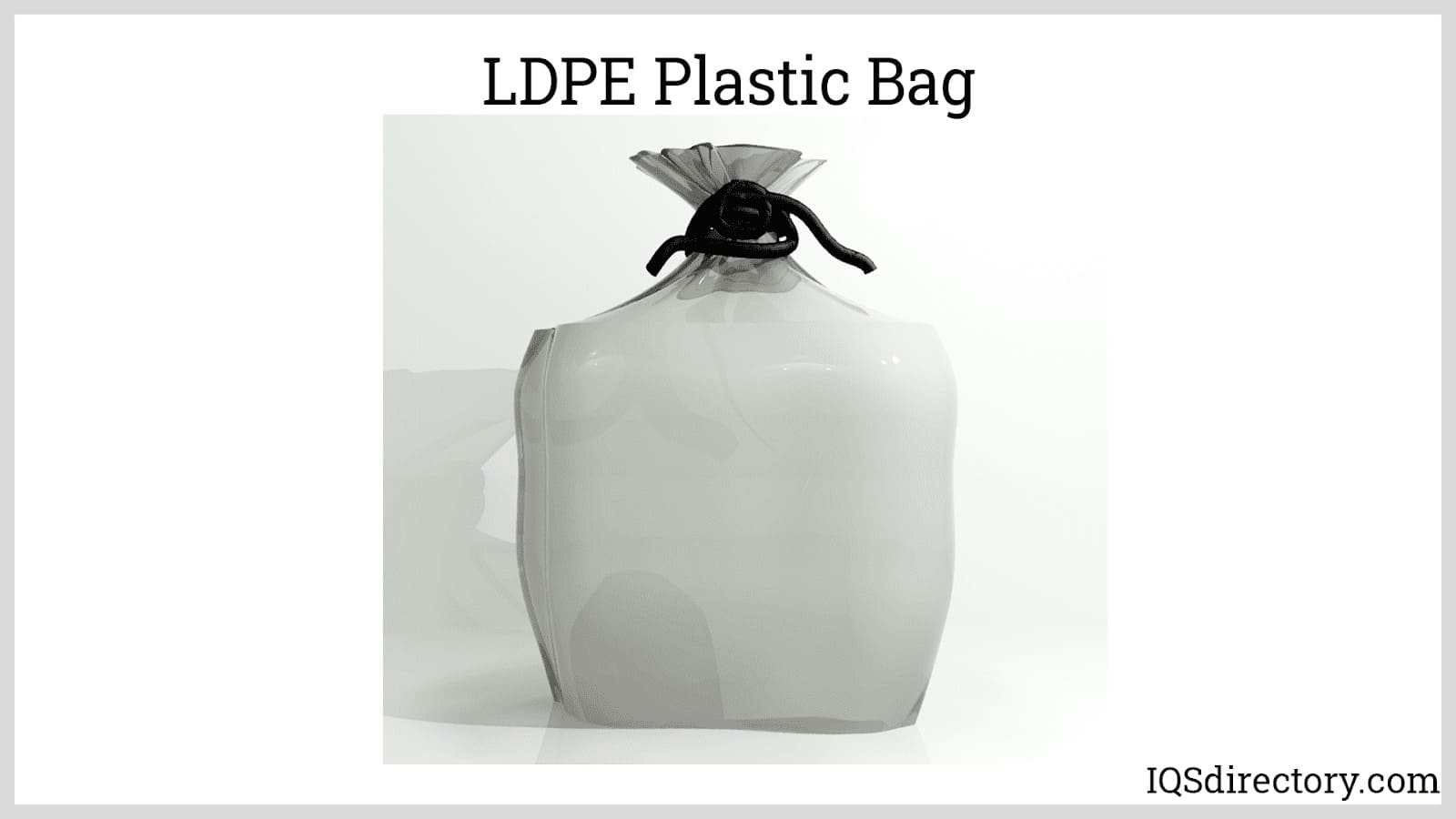
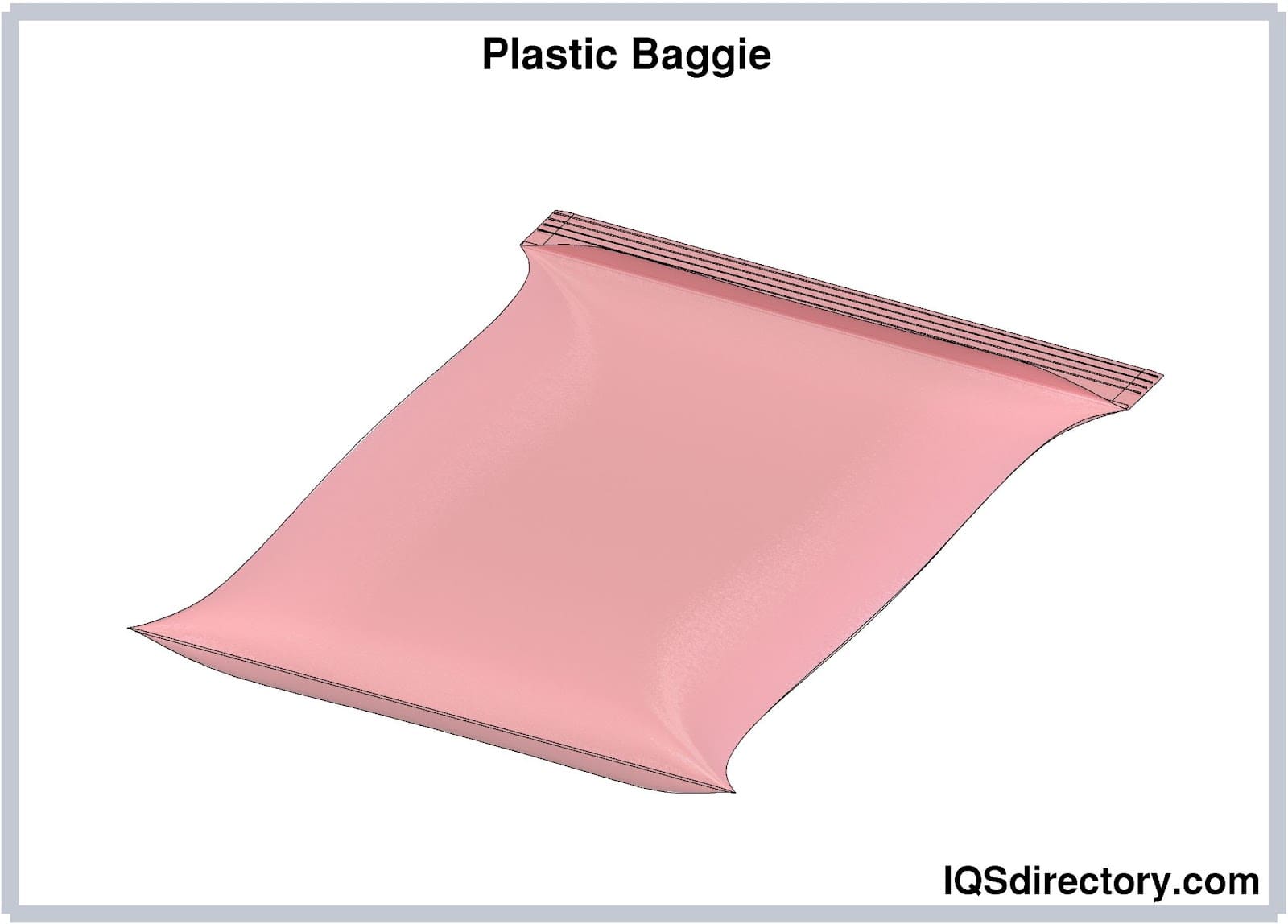
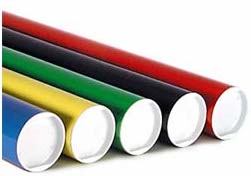 Cardboard Tubes
Cardboard Tubes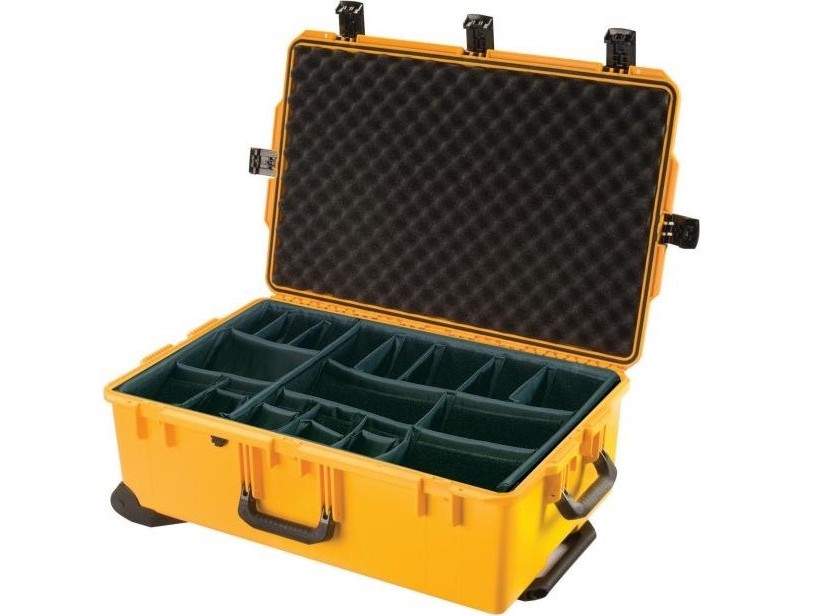 Carrying Cases
Carrying Cases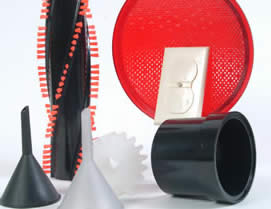 Contract Packaging
Contract Packaging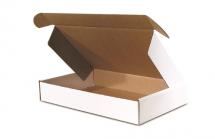 Corrugated Boxes
Corrugated Boxes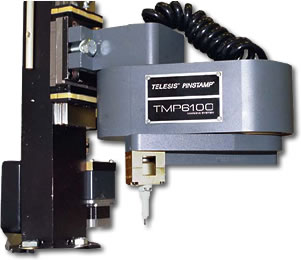 Dot Peening Machines
Dot Peening Machines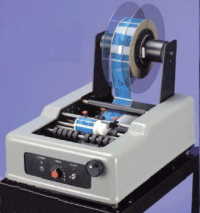 Labeling Machinery
Labeling Machinery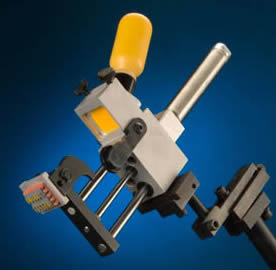 Marking Machinery
Marking Machinery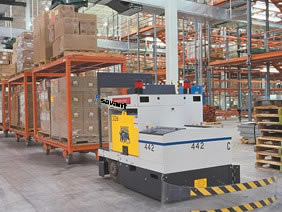 Packaging Equipment
Packaging Equipment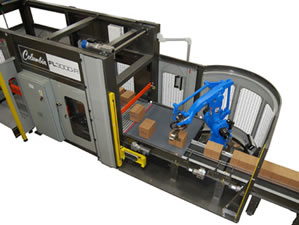 Palletizers
Palletizers Plastic Bags
Plastic Bags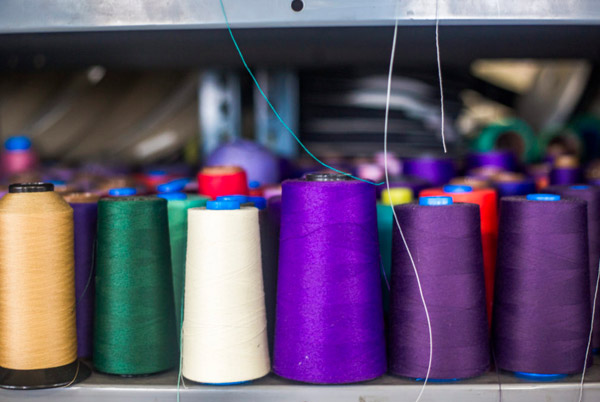 Sewing Contractors
Sewing Contractors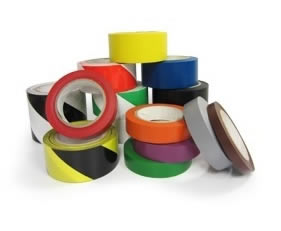 Tape Suppliers
Tape Suppliers Castings & Forgings
Castings & Forgings Bulk Material Handling
Bulk Material Handling Electrical & Electronic Components
Electrical & Electronic Components Flow Instrumentation
Flow Instrumentation Hardware
Hardware Material Handling Equipment
Material Handling Equipment Metal Cutting Services
Metal Cutting Services Metal Forming Services
Metal Forming Services Metal Suppliers
Metal Suppliers Motion Control Products
Motion Control Products Plant & Facility Equipment
Plant & Facility Equipment Plant & Facility Supplies
Plant & Facility Supplies Plastic Molding Processes
Plastic Molding Processes Pumps & Valves
Pumps & Valves Recycling Equipment
Recycling Equipment Rubber Products & Services
Rubber Products & Services